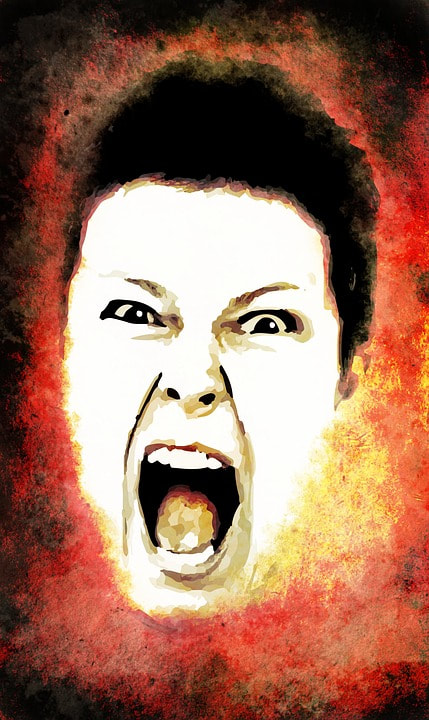|
Vol 12, Issue 1 EDWARD WORLAND The psychological effects of total boredom are well documented, but perhaps have to be experienced to be appreciated. And sooner or later you are going to be faced with a tough-but-necessary reading, a three-hundred page, densely cross-referenced monster on some tricky constitutional point of such extreme specificity that it boggles the mind to imagine how it could ever be relevant to anyone, a straight up, take-no-prisoners sort of judgment for which no secondary reading or explanation or Anesti precis could ever possibly suffice and which must be dealt with first-hand—grappled with and absorbed and ultimately, God-willing, understood. After a certain point there’s no more room to manoeuvre and you’ve just got to read the bastard. So you’ll set yourself up in the law student study area with your laptop, your highlighters and the hardcopy printed off from AustLII—a hundred trees silently scream—to get the whole unpleasant business over with. At first you’ll probably find you almost kind of enjoying being there (you might take comfort in the small sounds of a couple dozen people like you turning pages and breathing and concentrating) and you’ll faff about on your laptop or maybe you were smart and brought snacks—so have an almond—but you’re not actually reading yet, and it’s only after you’ve exhausted whatever distractions the study area has to offer that the effects of boredom begin to make themselves known: an early symptom is often that a particularly twisty piece of legal jargon or term of art will, through its incessant overuse in the judgment, seem to cease to have any meaning (semantic saturation, it’s called), if you power through this stage soon enough you’ll start to experience the sort of dizzy weightlessness more commonly associated with oxygen deprivation (and it could, for example, suddenly seem inordinately funny that the verbal crucible you’ve spent the last hour and change trapped in is a joint judgment of the High Court, although is that really even funny and there’s no one nearby to share it with anyway), this giddiness will in turn give way to something like a borderline dissociative state whereby you might be unable to look at the words on a page without being acutely aware that you are seeing things through your eyes—but ultimately, the overwhelming sensation is an ever-increasing pressure as the boredom builds within you like some colossal ocean wave, and you’ll be desperate to give up the reading and get up and go somewhere to do literally anything, but you mustn’t break your concentration or look up from the page even though it hurts—and it does hurt, you’re crushed beneath the sheer weight of it—because when the great wave within you crests and breaks and rolls back (and it inevitably must) it will rip you up and wash away everything and what is left is a pure and perfect joy.
This is no mere Csíkszentmihályian state of ‘flow’; it’s joy, real joy, joy burning through every molecule of your body—your peripheral vision blurs and your nerves sing with it. All else falls away. There’s just the text. It’s the only psychological anaesthetic or nourishment or crutch available, and so it’s the joy that must sustain you. It’s almost kind of wonderful. Although it’s a creepy sort of transcendence, sure, a sense of being so completely and 100% present in a particular place and time and task that’s maybe actually because there’s nothing left of you there at all. Edward Worland is a second-year JD student More articles like this:The rest of this issue:
Jeeves
25/7/2017 08:44:20 pm
The discursive constitution of this disquisition was quite mercurial in its gradation of specificity
Nice
25/7/2017 08:53:30 pm
"Csíkszentmihályian" Comments are closed.
|
Archives
October 2022
|



